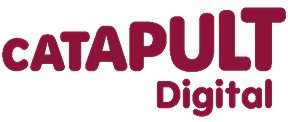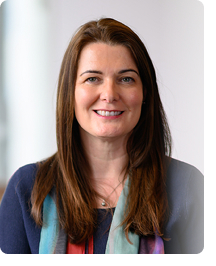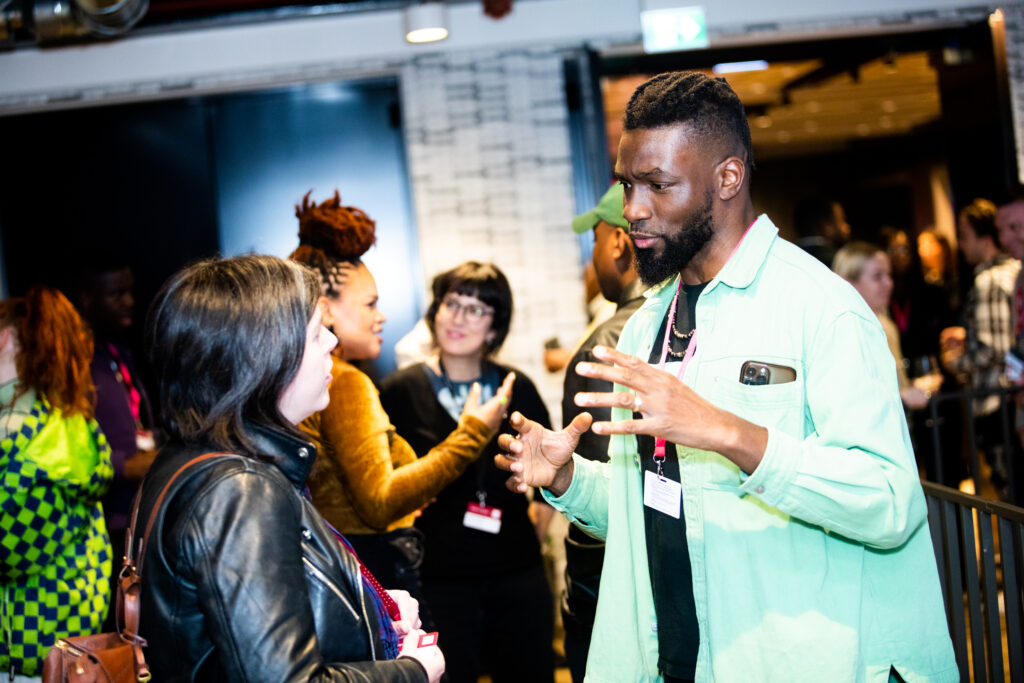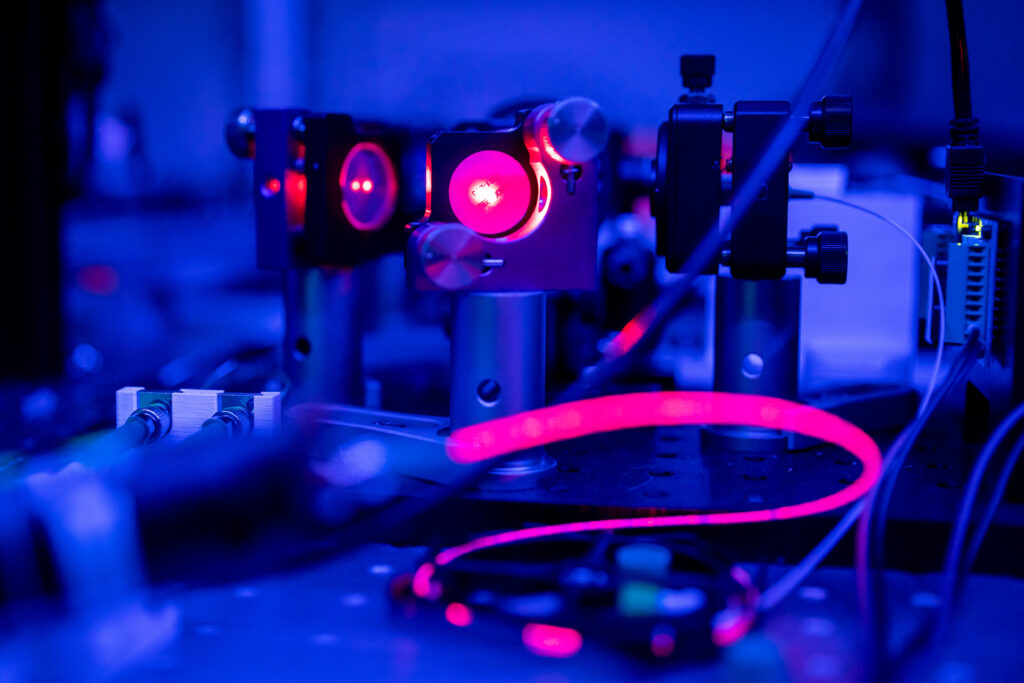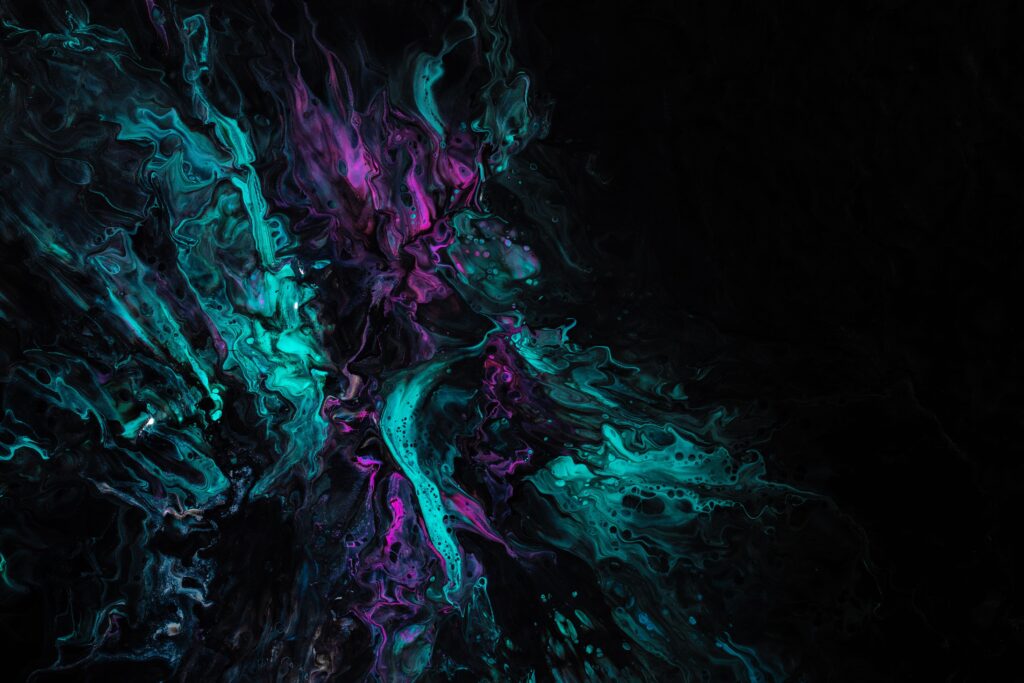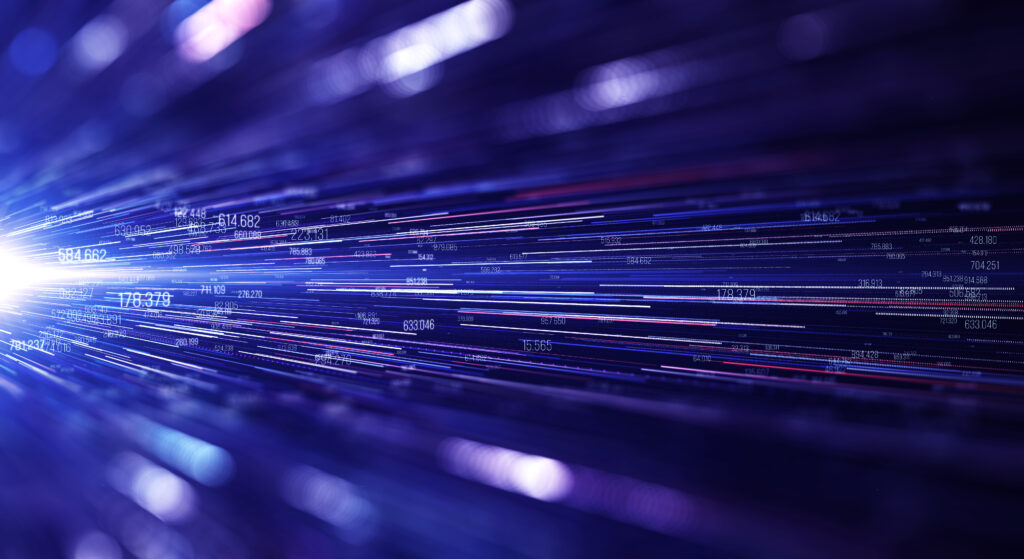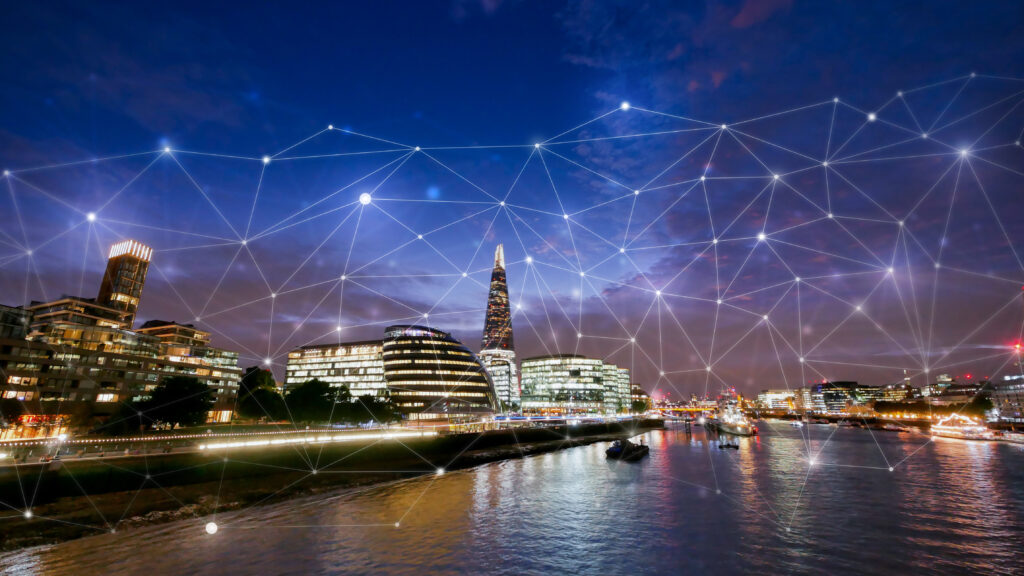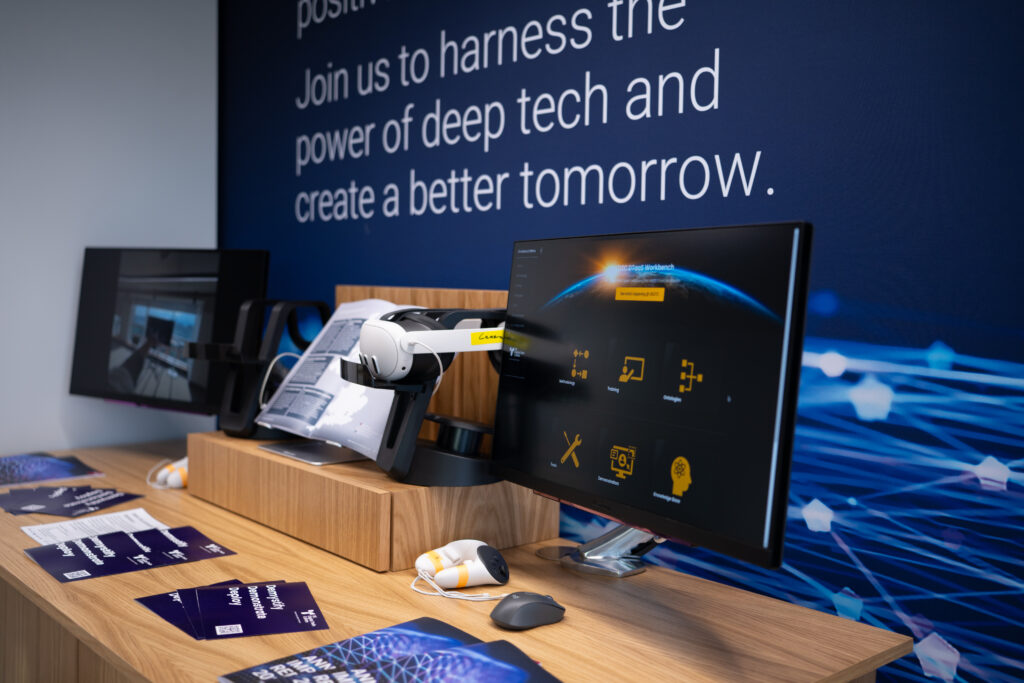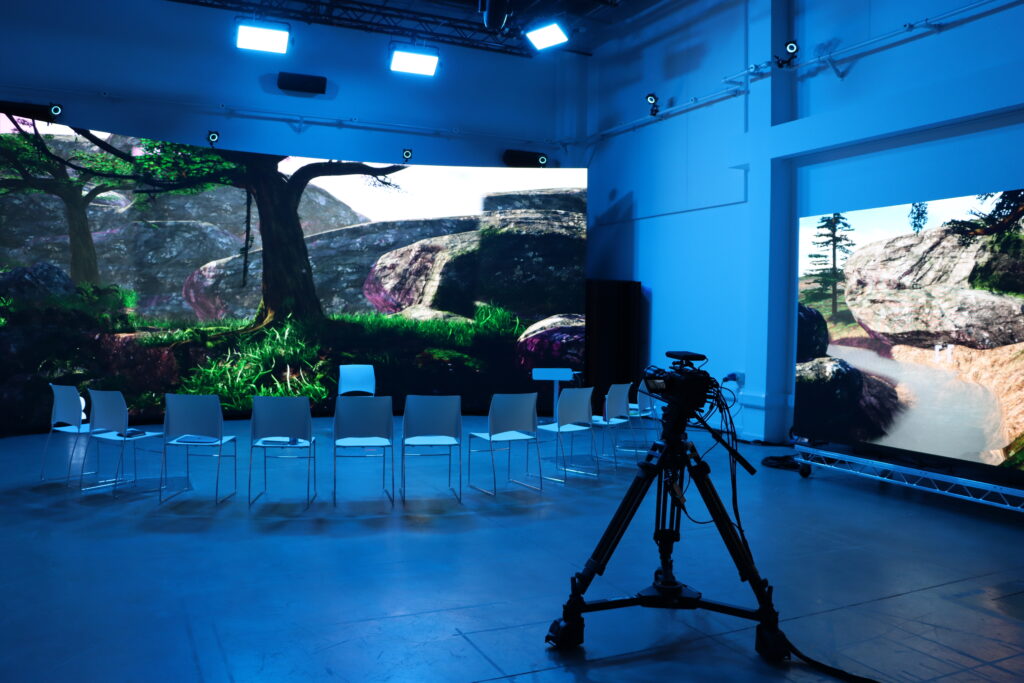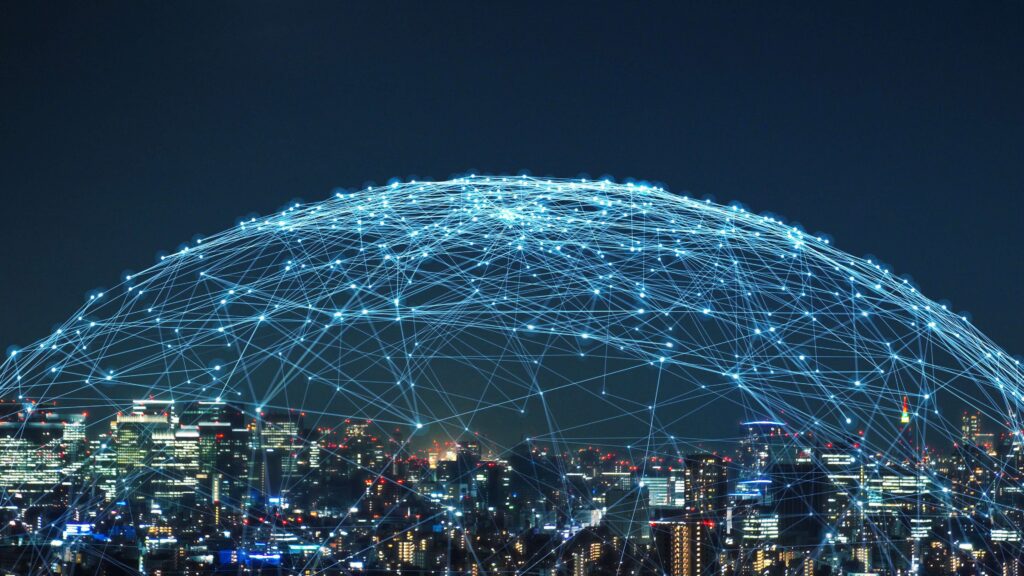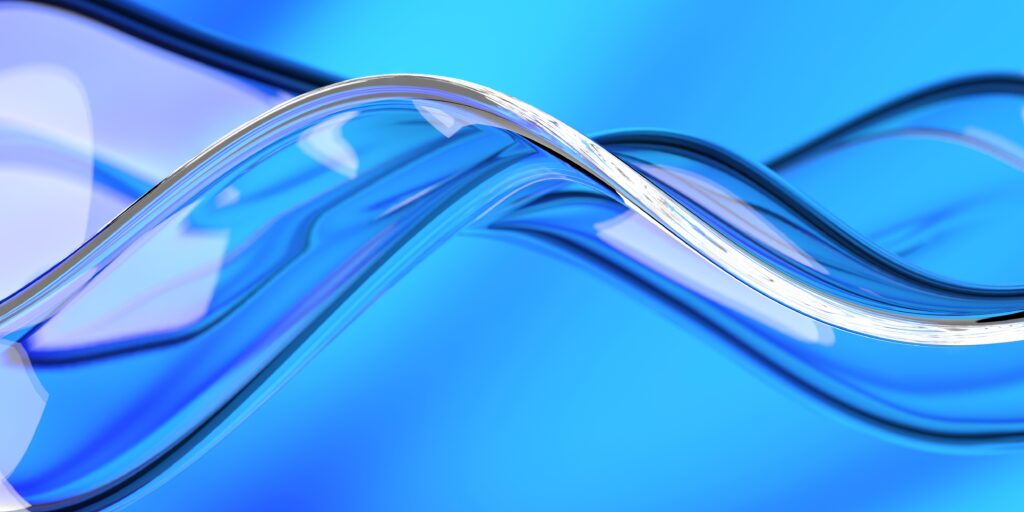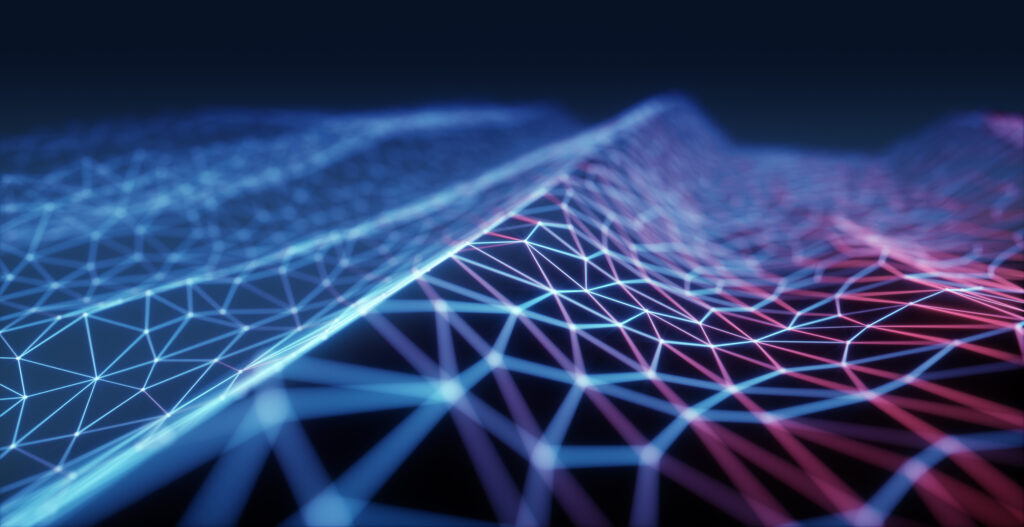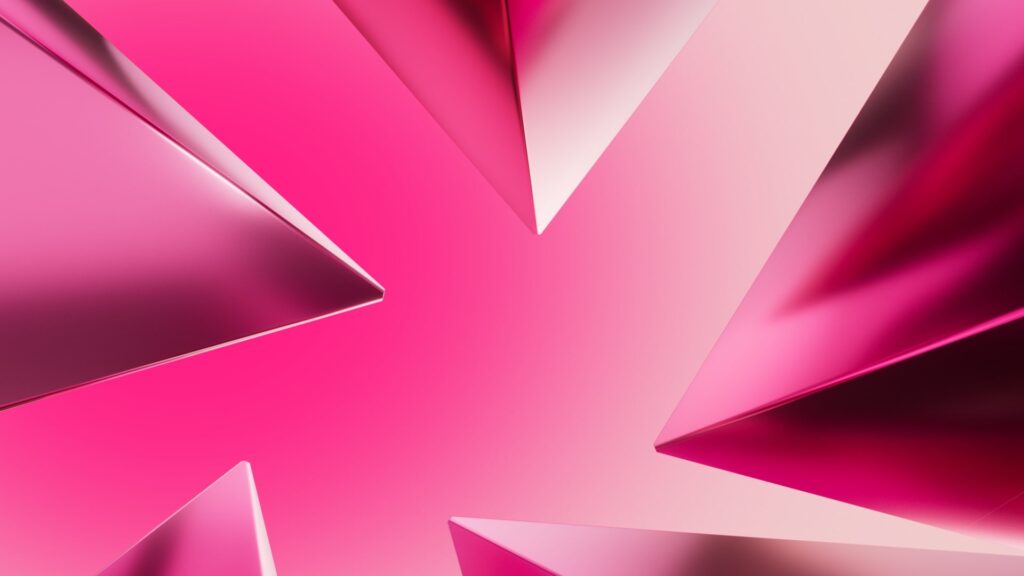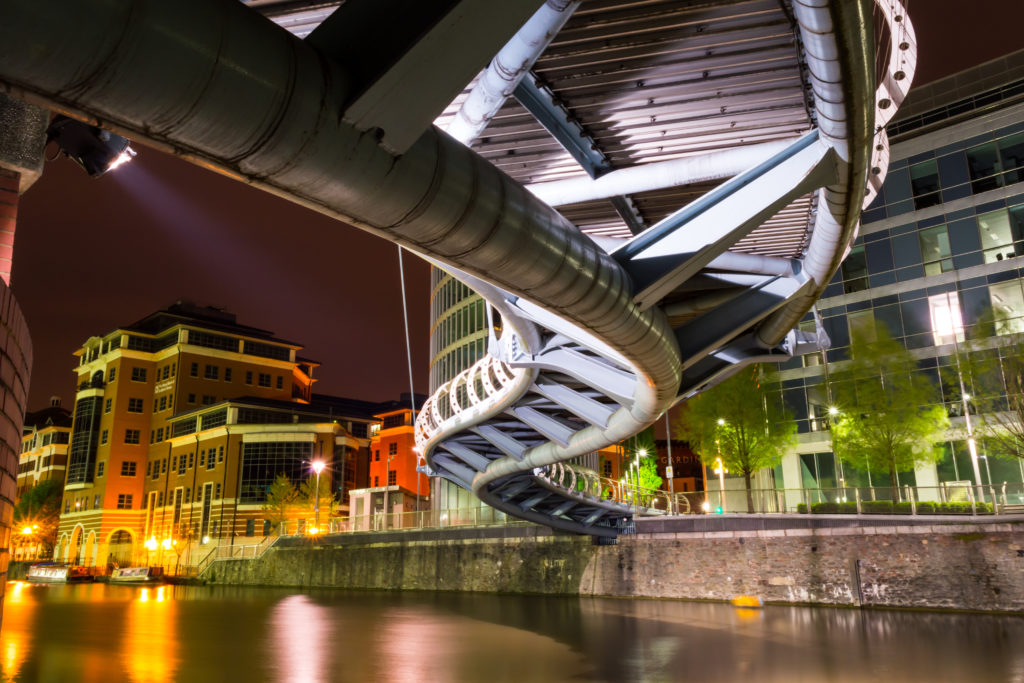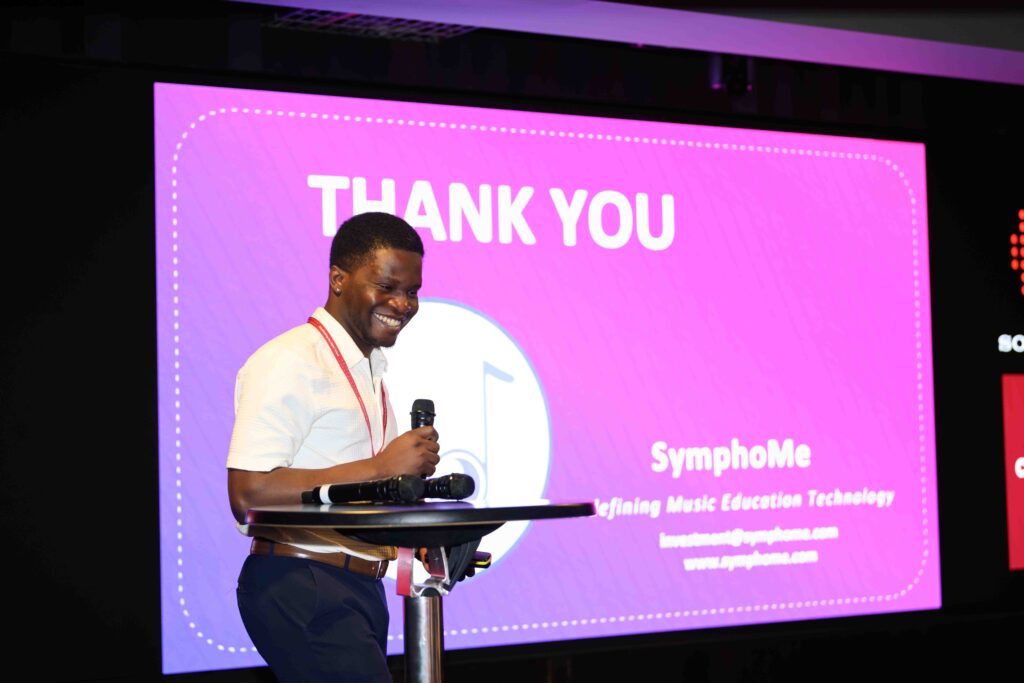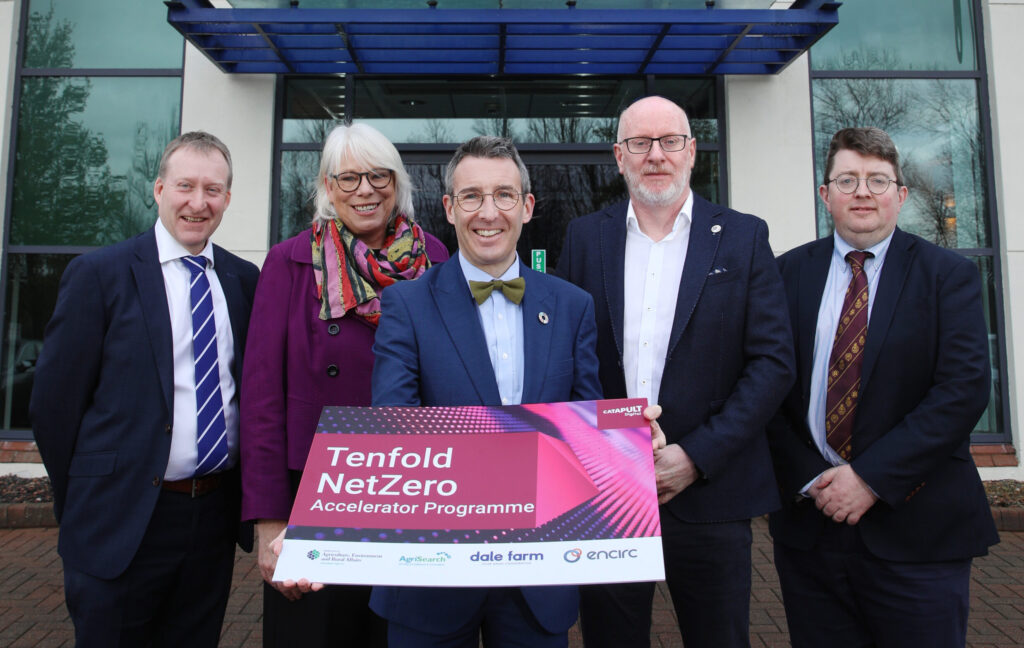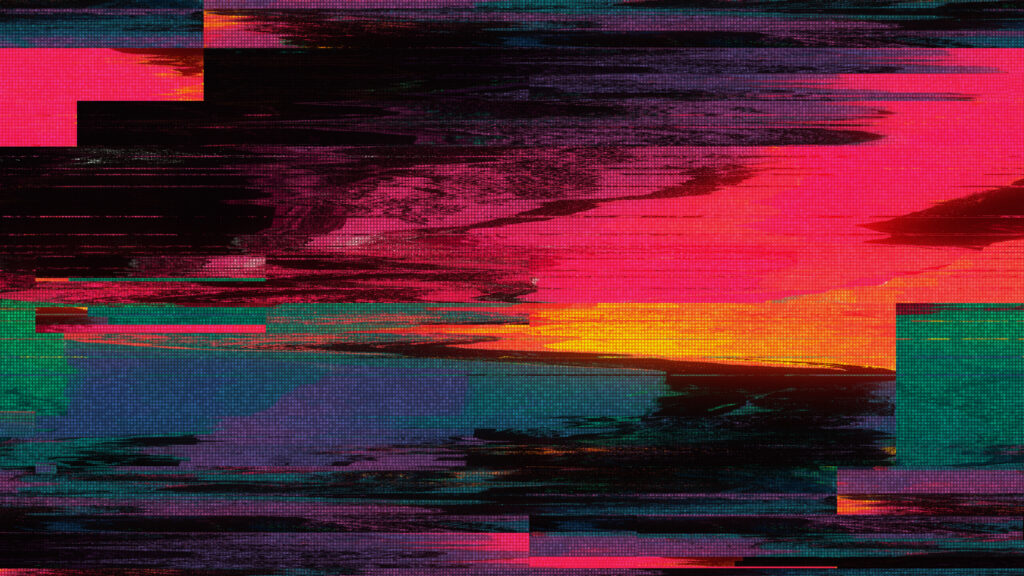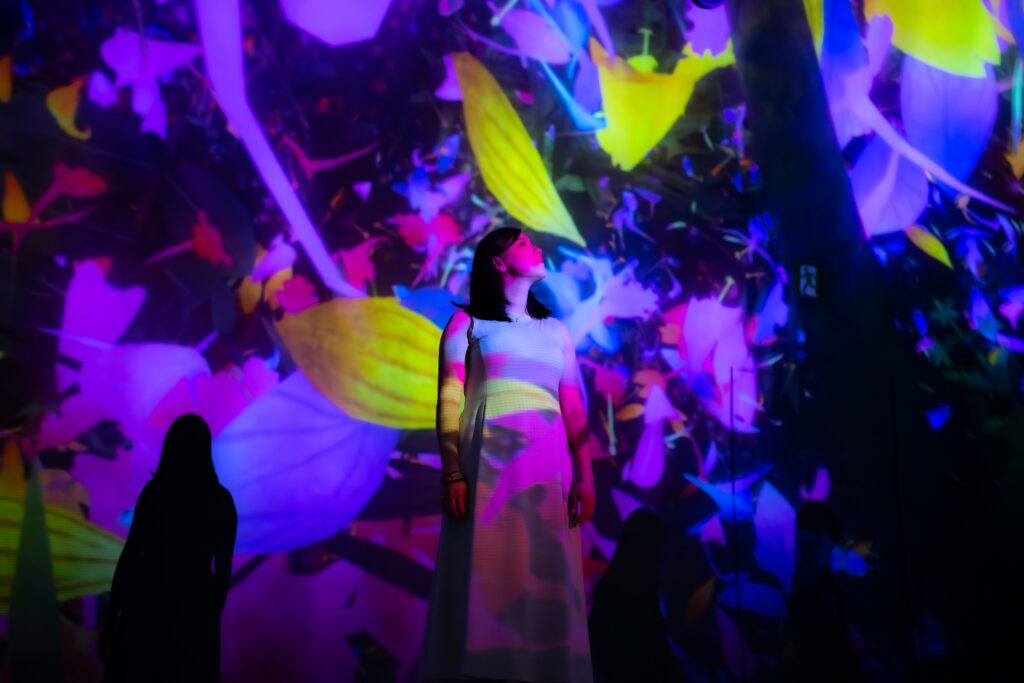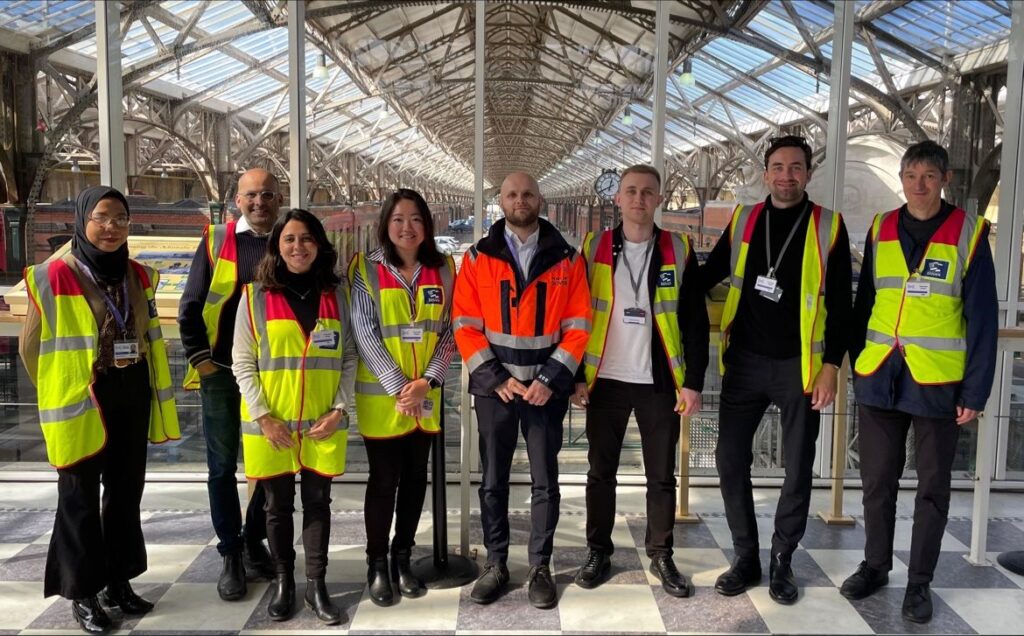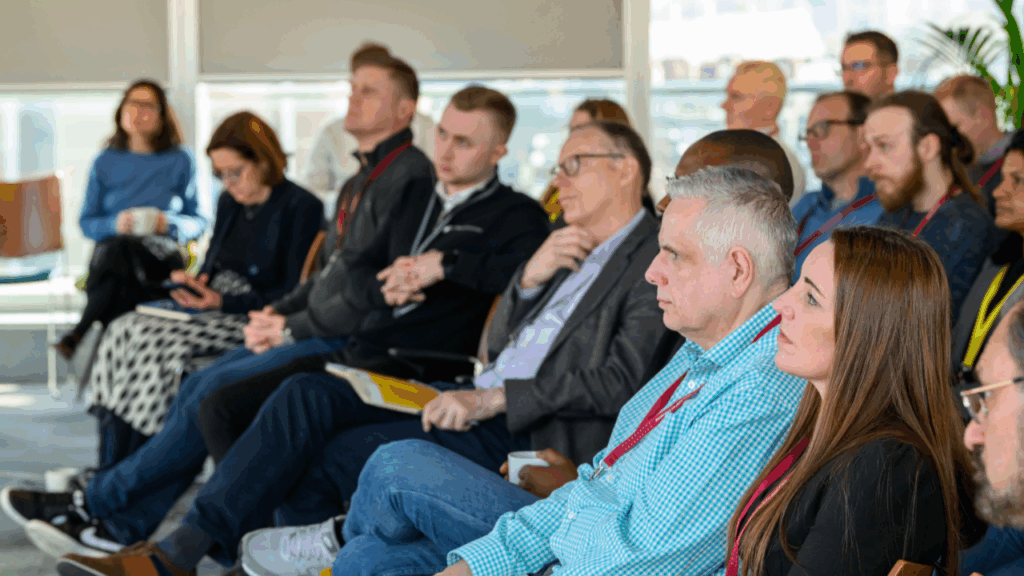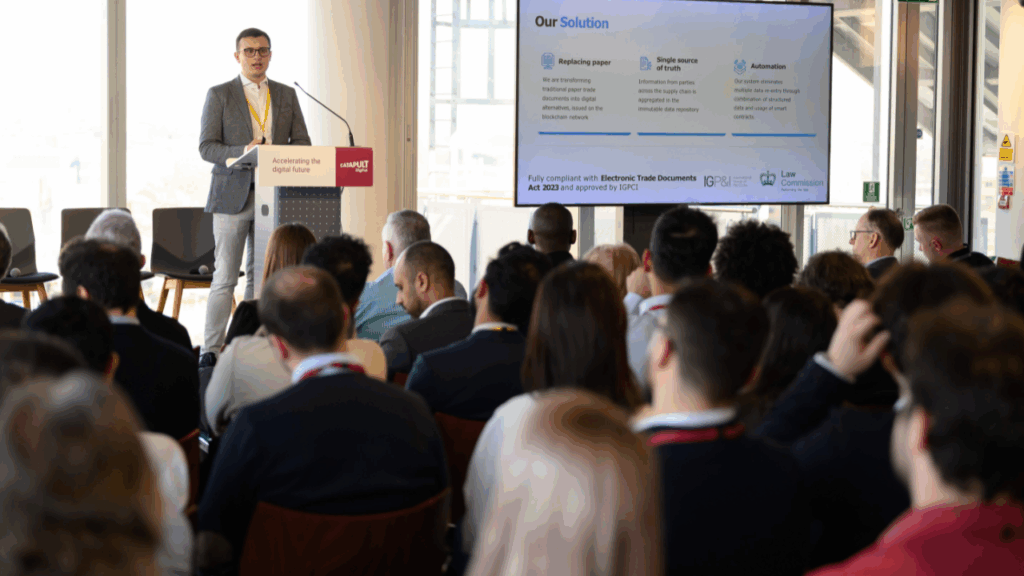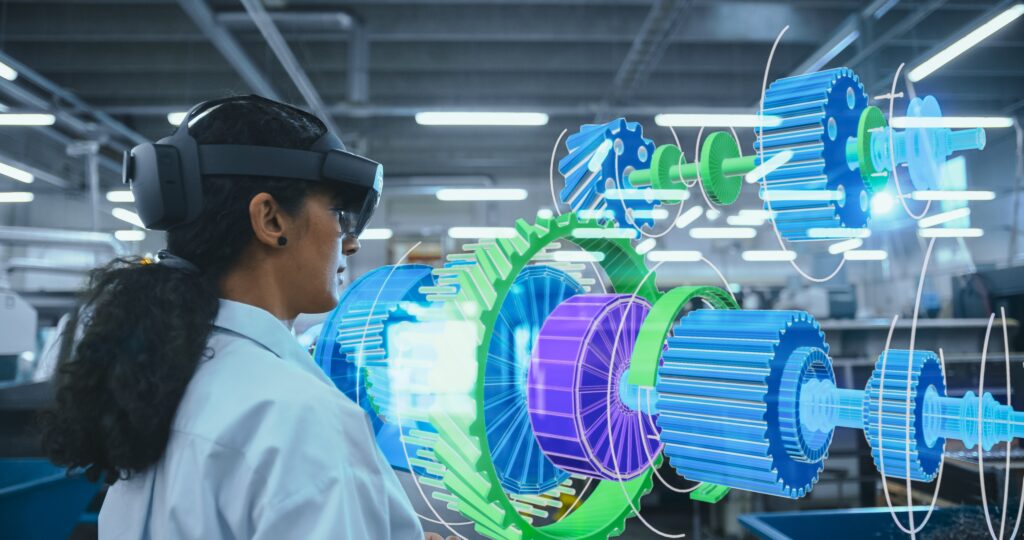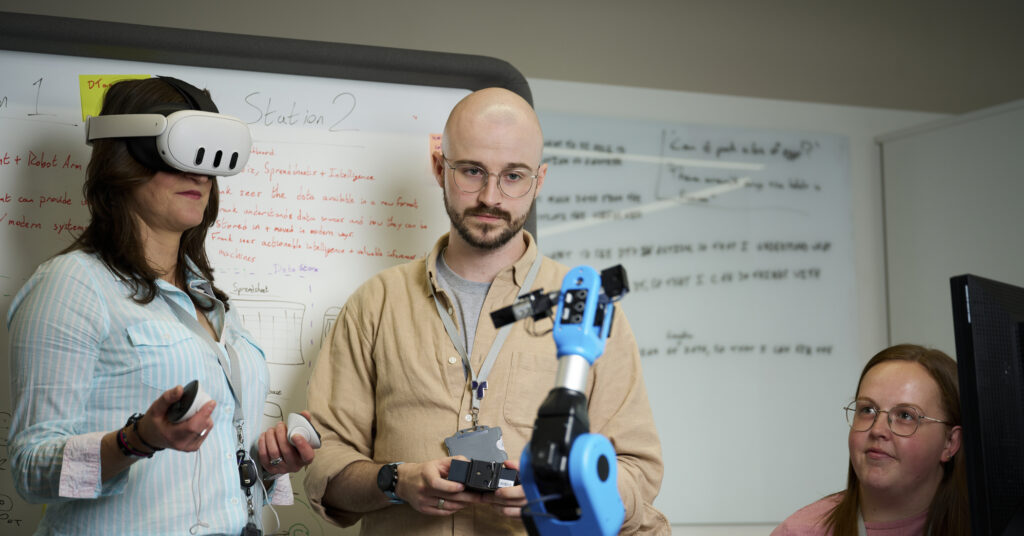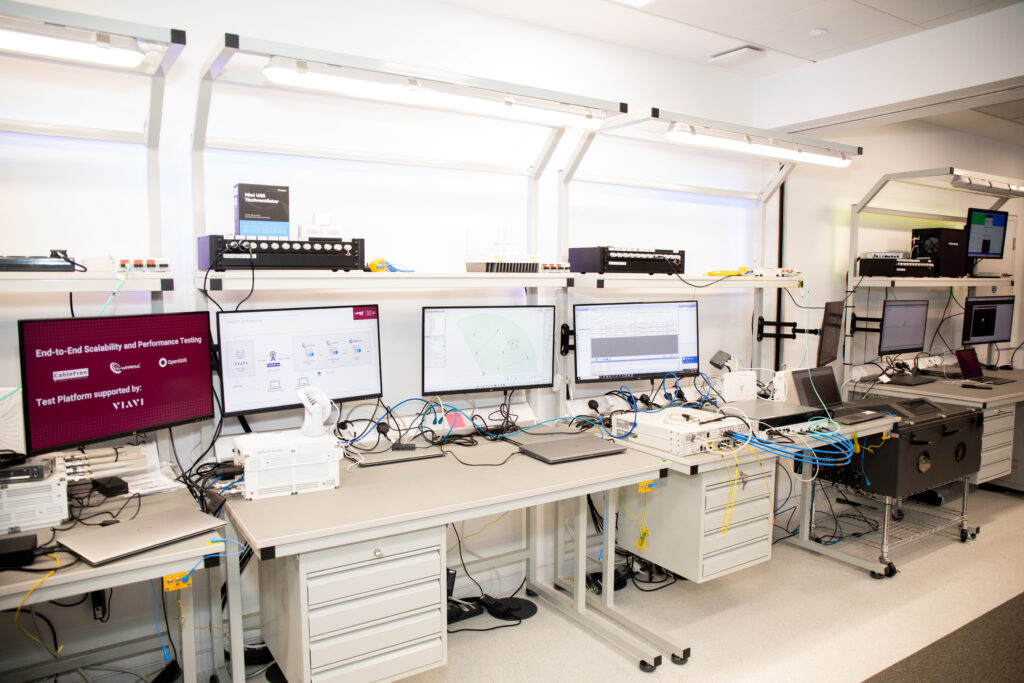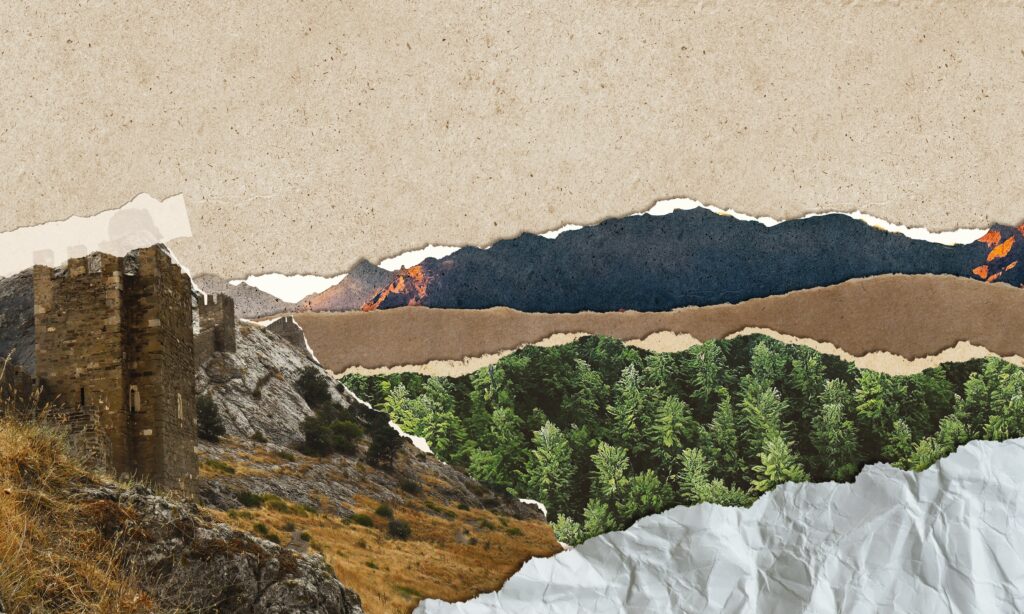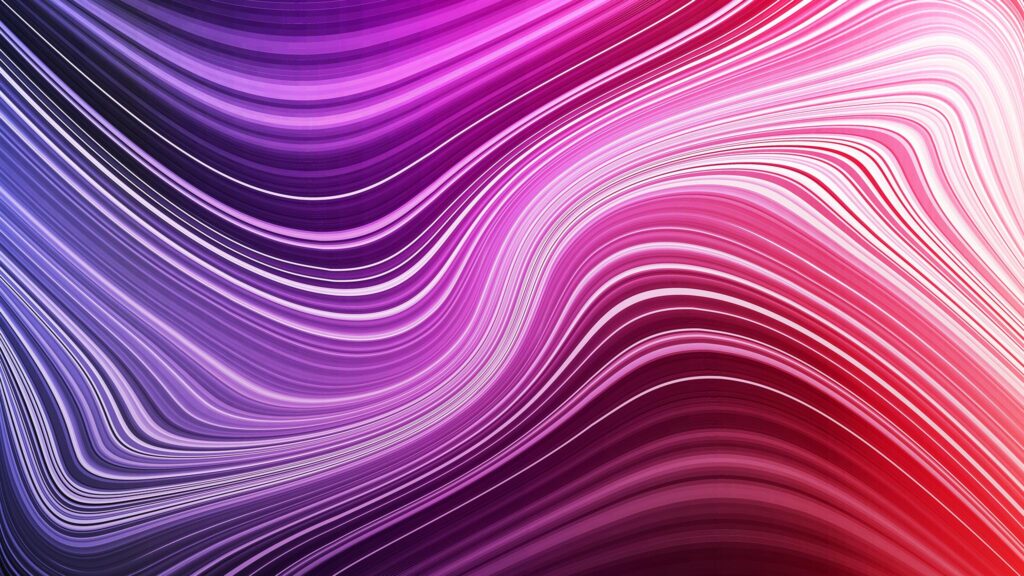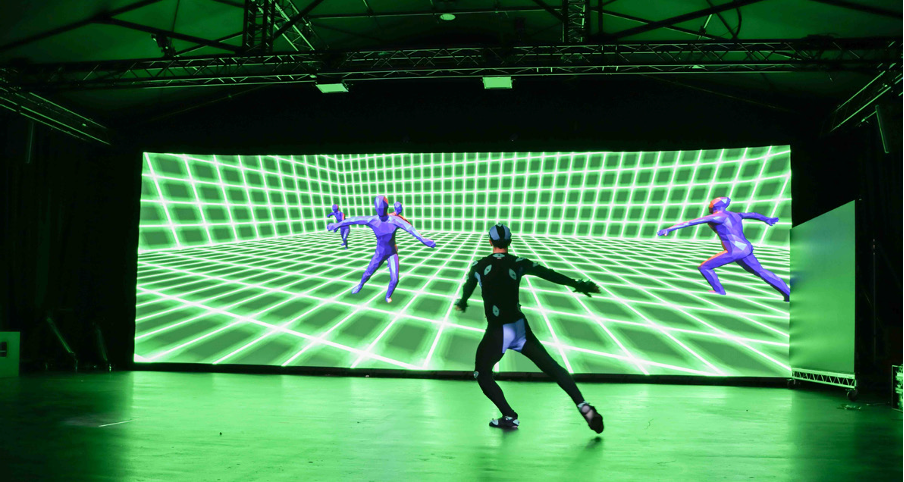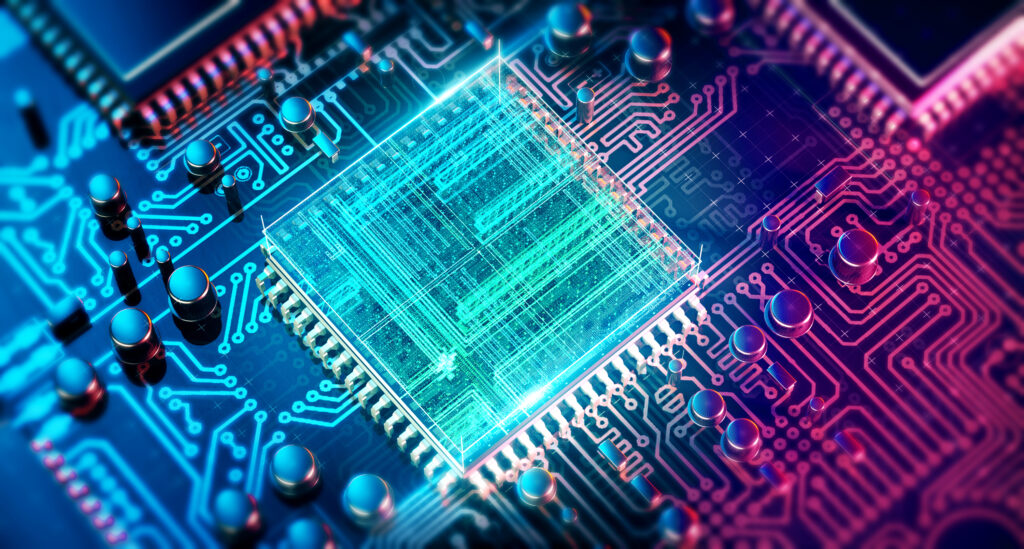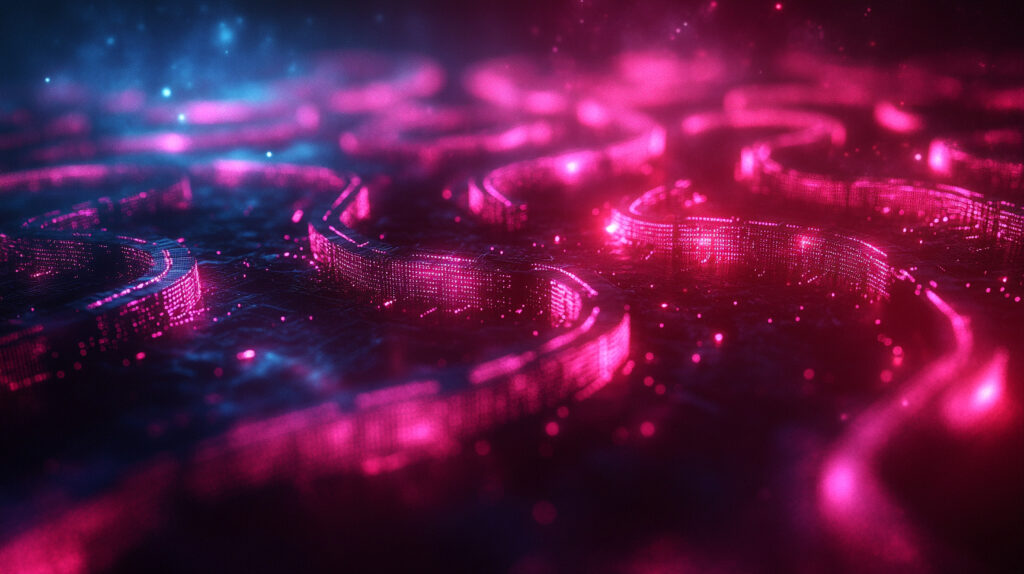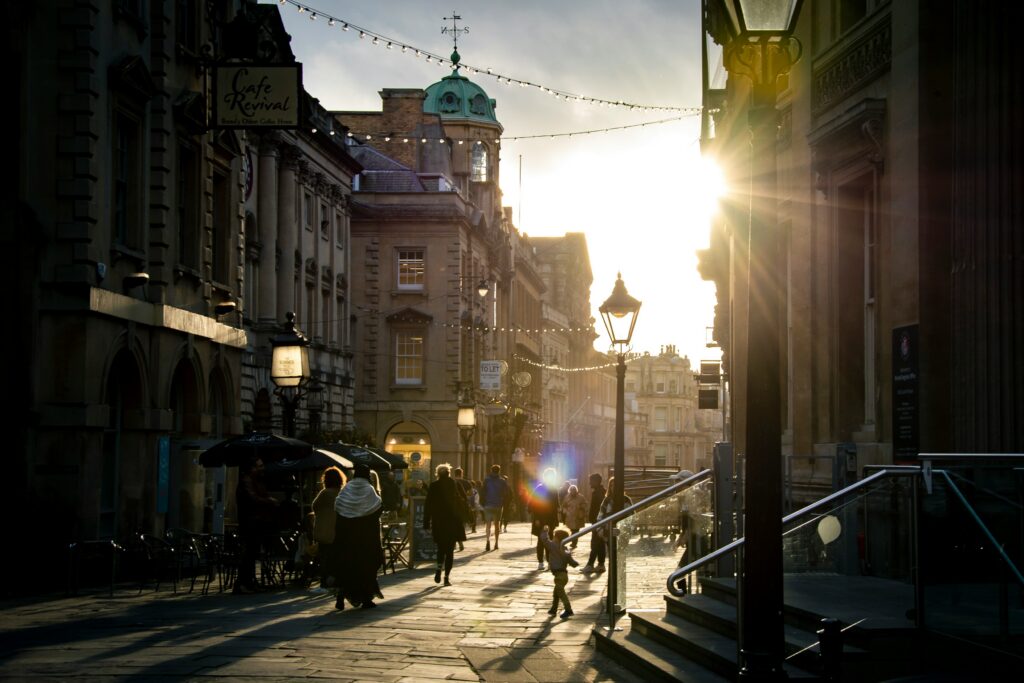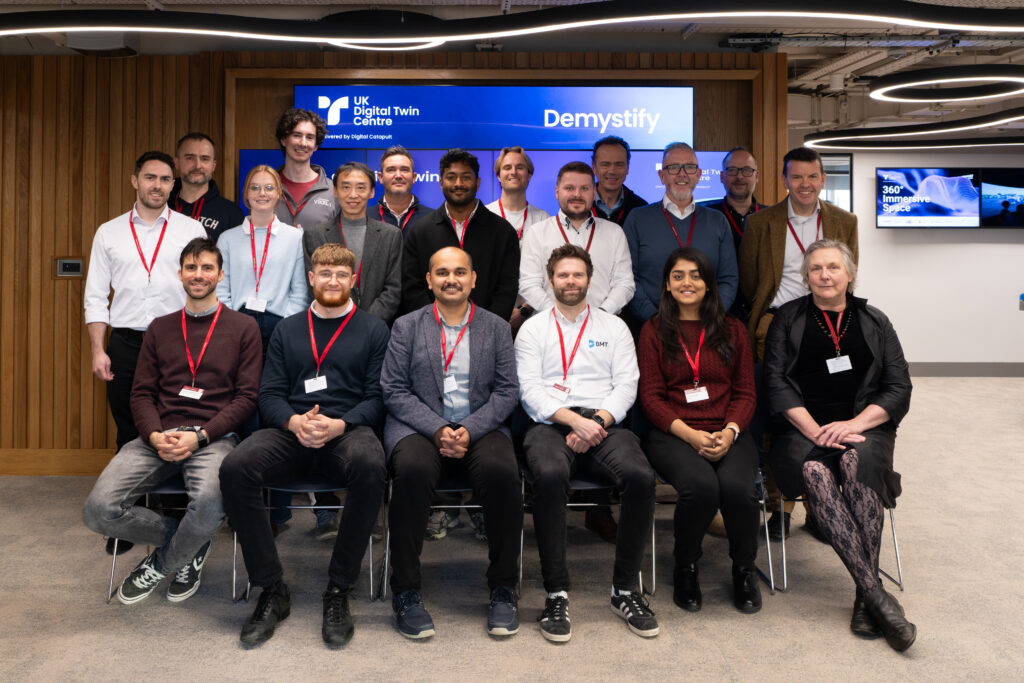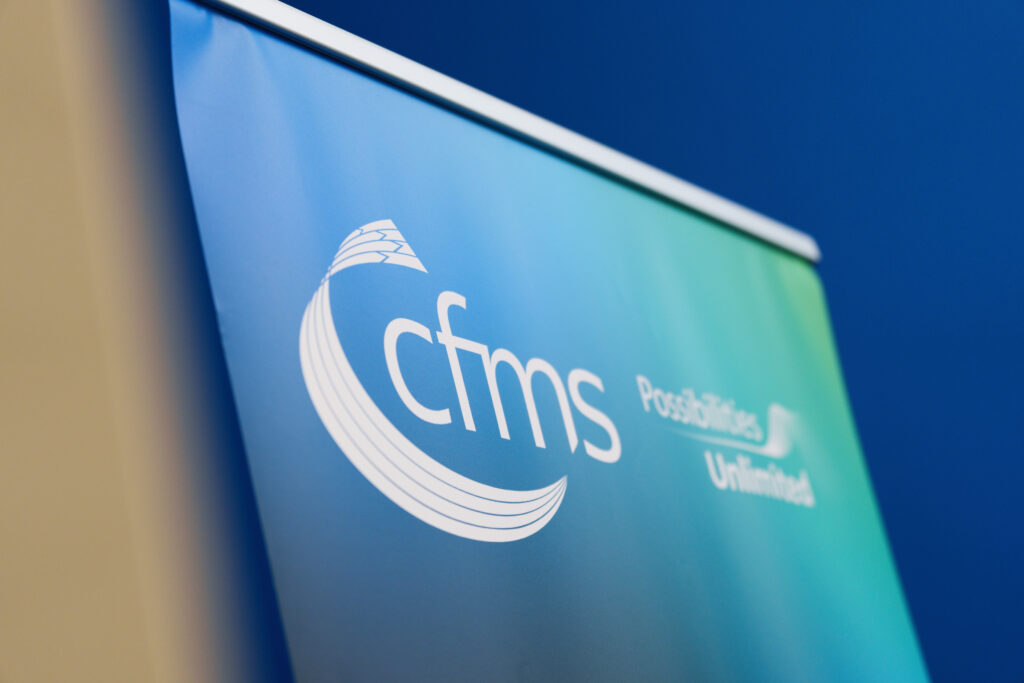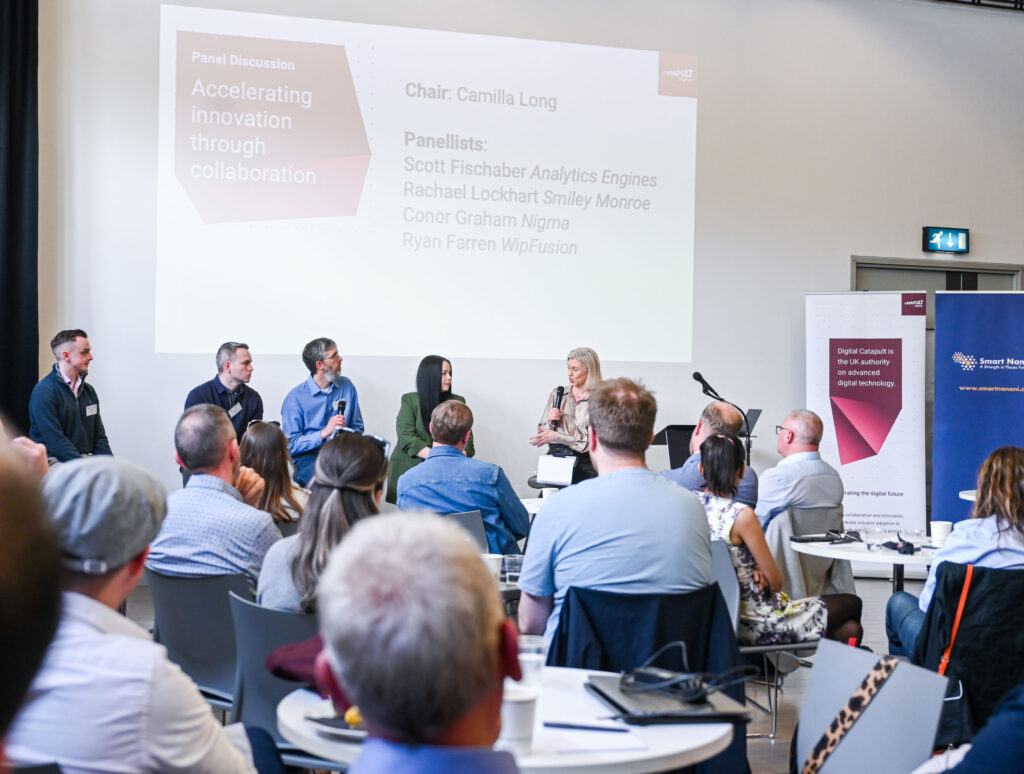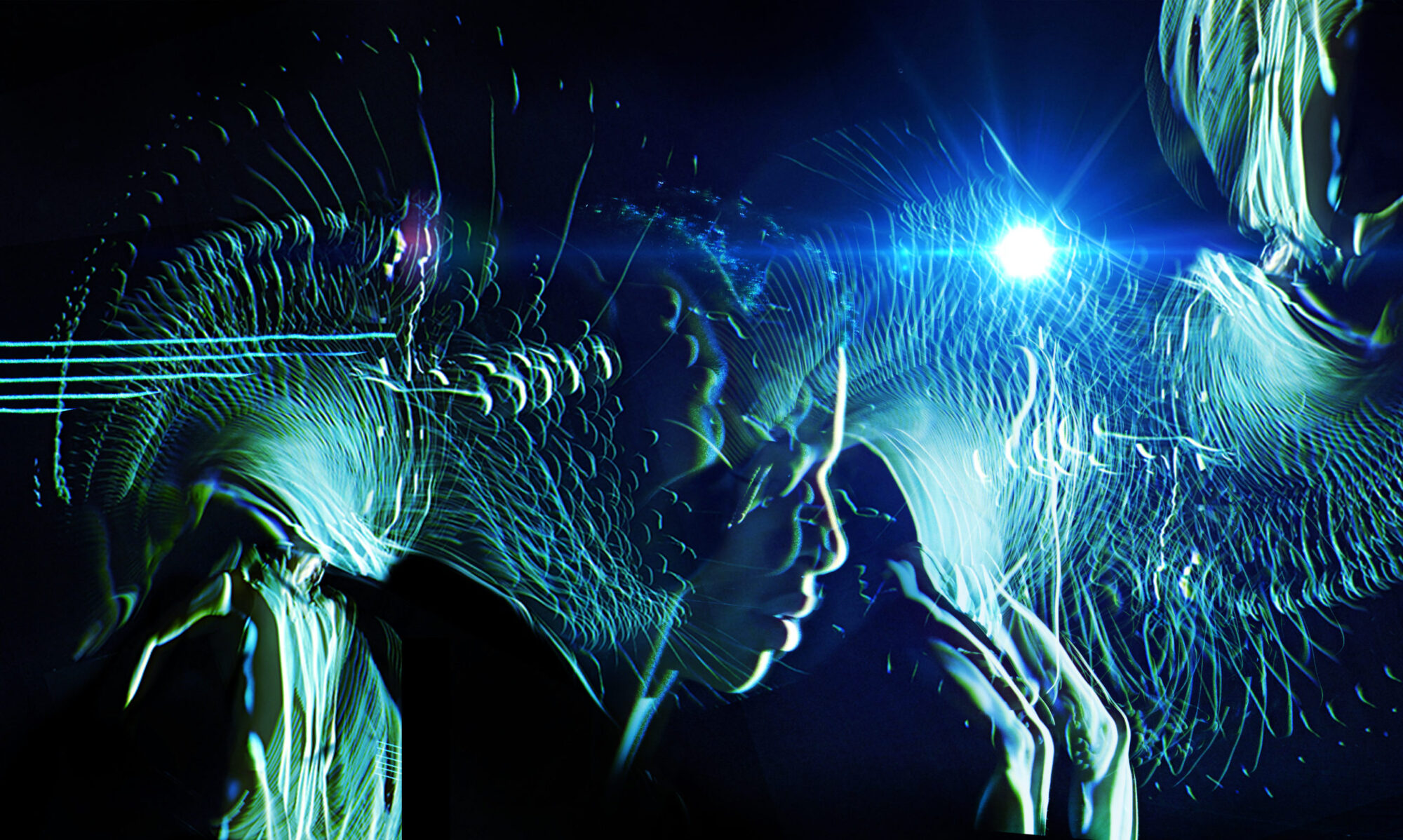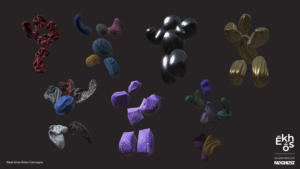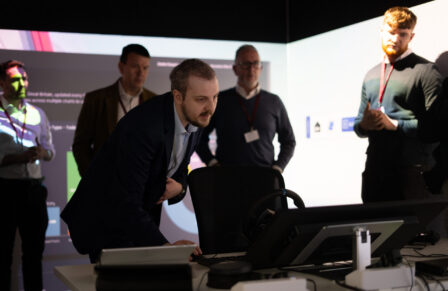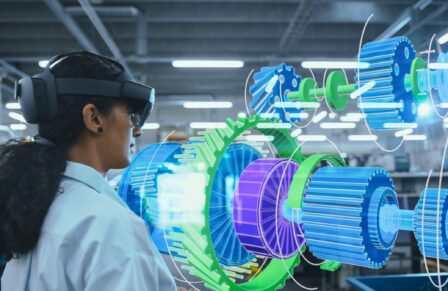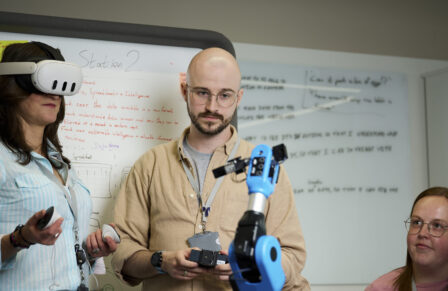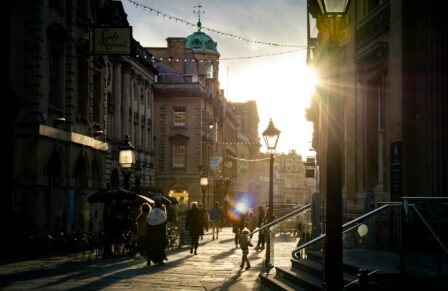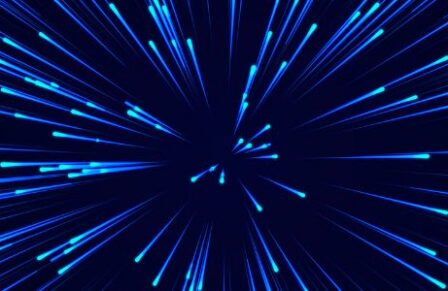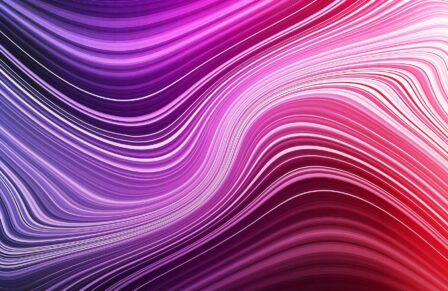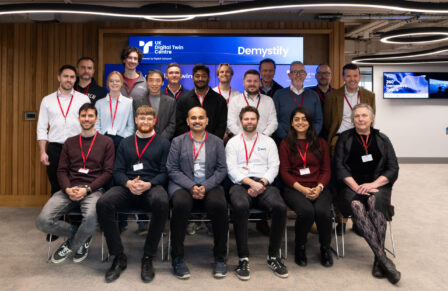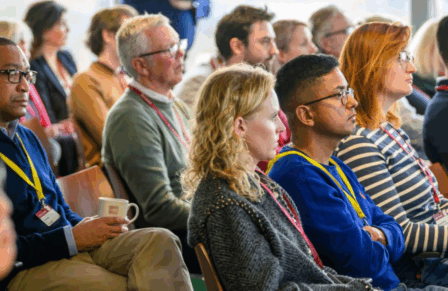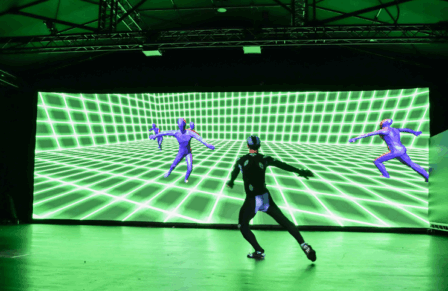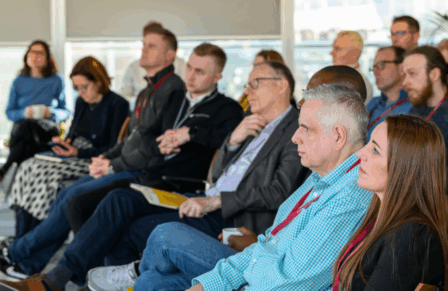Over the past six months, technology experts from Digital Catapult and Niantic Labs, as well as creative leaders from Cartoon Network and Studio Wayne McGregor, have been working with some of the UK’s leading immersive studios to develop augmented reality (AR) concepts that will deliver Niantic’s vision for a ‘real-world metaverse’. The final results of Digital Catapult’s ‘Niantic Lightship accelerator programme’ were demonstrated a showcase on 2 February 2023.
Internationally renowned choreographer Wayne McGregor and Emmy award winning creative animation studio No Ghost have been working together to create Ēkhṓs.
For Studio Wayne McGregor, collaborating with Niantic and Digital Catapult through the FutureScope Lightship accelerator programme was another step towards evolving their business model from a stage-focused dance organisation to a creative company that experiments with emerging technologies, such as augmented reality.
As creative trailblazers exploring the intersection of movement and technology, Studio Wayne McGregor set a challenge for the immersive studios to solve with a Lightship powered solution. For this programme, Studio Wayne McGregor created the concept of a physical graffiti game experience that challenges everyone to make, co-create, share and interact with kinetic tags. Dance, urban sports, everyday environments, and a sense of community were to be central to the concept.
“Studio Wayne McGregor has always been fascinated by the many ways that technology can enhance our understanding of physical intelligence, and we are specifically interested in the capacity of AR to encourage movement, creativity, and expression. While other conceptions of the metaverse recreate the body in a virtual setting, we are drawn to the possibilities of AR and its ability to create a digital extension of the body in physical space. The Lightship accelerator programme has provided an incredible foundation to explore this enquiry.” – Rebecca Marshall, Executive Director, Studio Wayne McGregor
No Ghost emerged as a clear front-runner during the pitching competition during summer 2022 to develop this concept in collaboration with the Studio Wayne McGregor team.
No Ghost is an award-winning immersive story studio from London. No Ghost has been working with immersive technologies since 2016 including virtual reality (VR), AR, installations and interactive web content. No Ghost has delivered artistic and commercial augmented reality projects, and their immersive track record received its highest accolade in December 2022, when the animated virtual reality film Madrid Noir won an Emmy.
When the No Ghost team learned that world-renowned choreographer Wayne McGregor was exploring the power of augmented reality, they seized the opportunity to join this programme. They were attracted by the ambition and scale of the brief and excited about Niantic’s Lightship platform and its capabilities for augmenting real-world map locations in particular. From early on, the team found that working with the technology that powers Pokémon Go has a halo effect: it was easier for non-technical people to envision the project when they heard it was being developed with the same technology.
Pushing the boundaries of expression with mobile phones
No Ghost’s winning concept Ēkhṓs. harnesses individual users’ self-expressions into collaborative entities that manifest above urban skylines. In spirit, their project echoes the 1970s social sculpture movement in the arts. AR technology adds a layer that brings the kinetic sculptures, named ‘Ēkhṓs.’, onto real-world map locations.
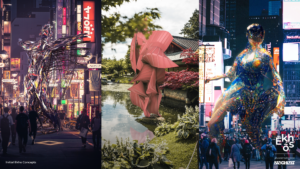
Upon firing up the Ēkhṓs demonstrator app, the user is encouraged to record expressive movements by moving their phone and themselves. This movement is translated into a beautiful ‘kinetic signature’, accompanied by a soundtrack unique to each player, championing the idea that anyone can express themselves through movement.
The No Ghost team has worked hard to make recording the kinetic signatures fun, creative, and immediate so that players are motivated to continue exploring various ways of expressing themselves. In line with Studio Wayne McGregor’s brief, they have also explored how to make the experience as accessible as possible, including accommodating neurodiverse users.
